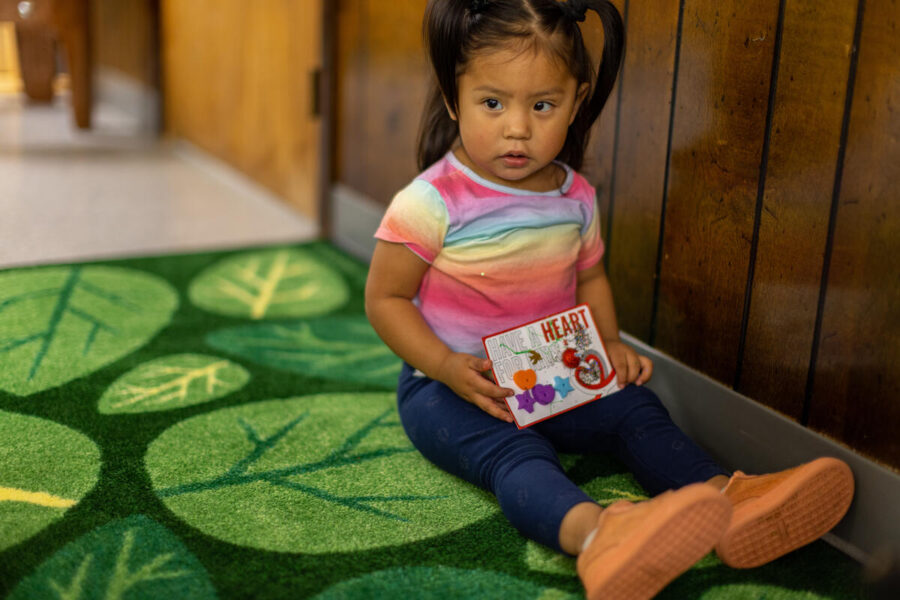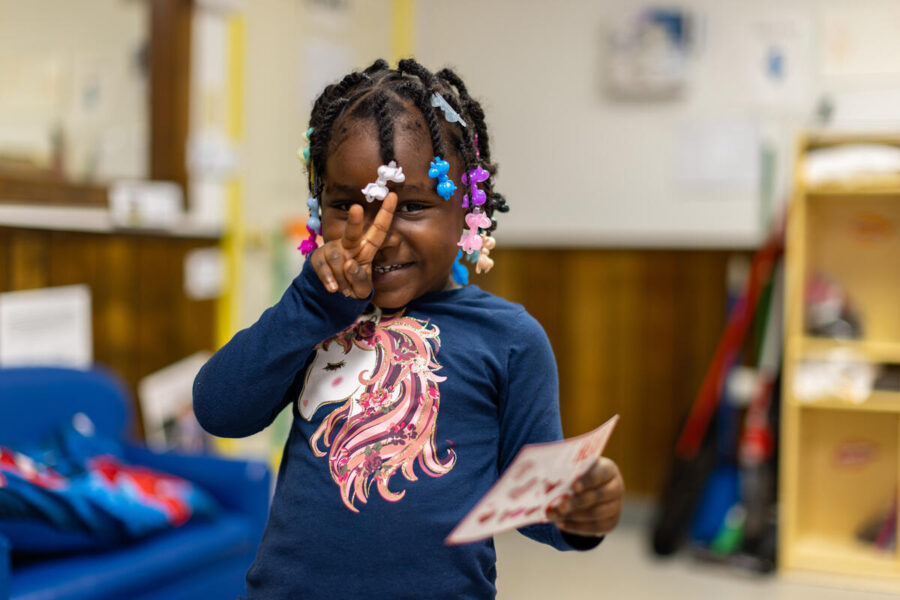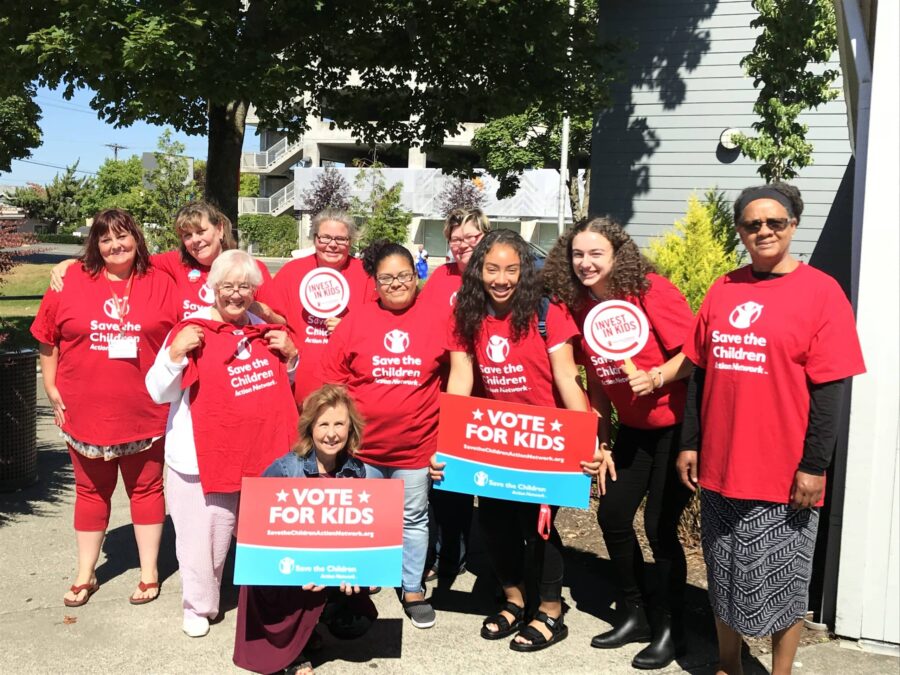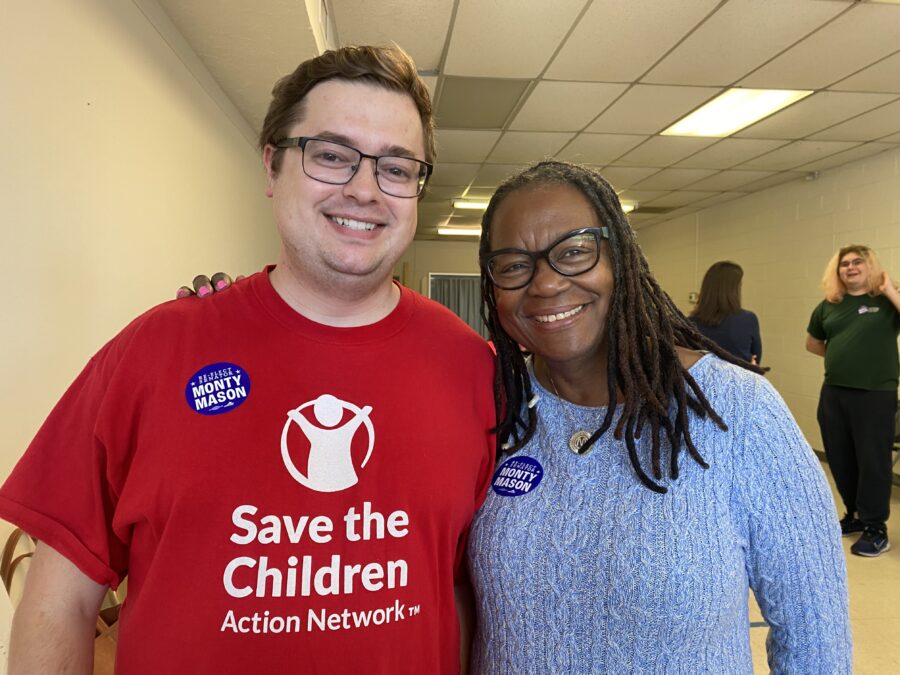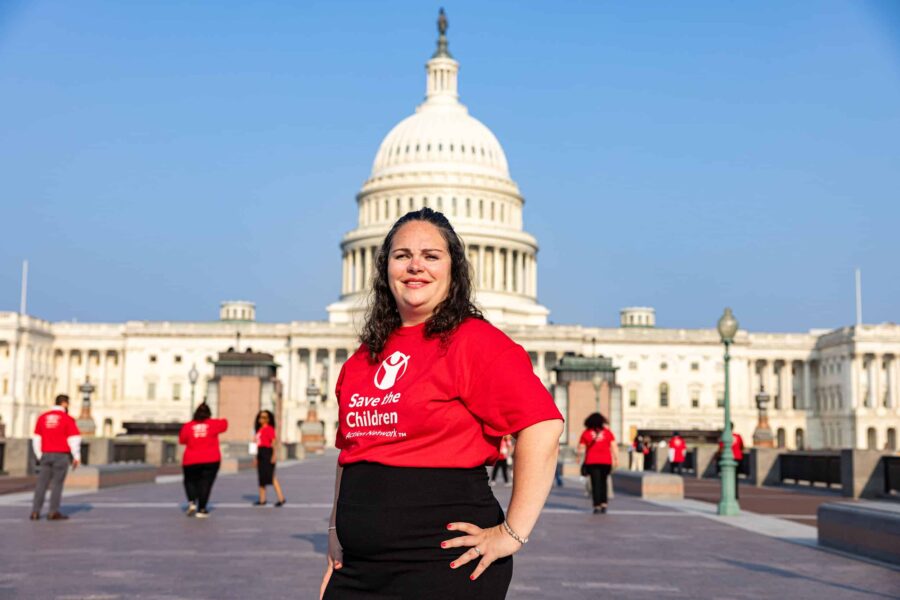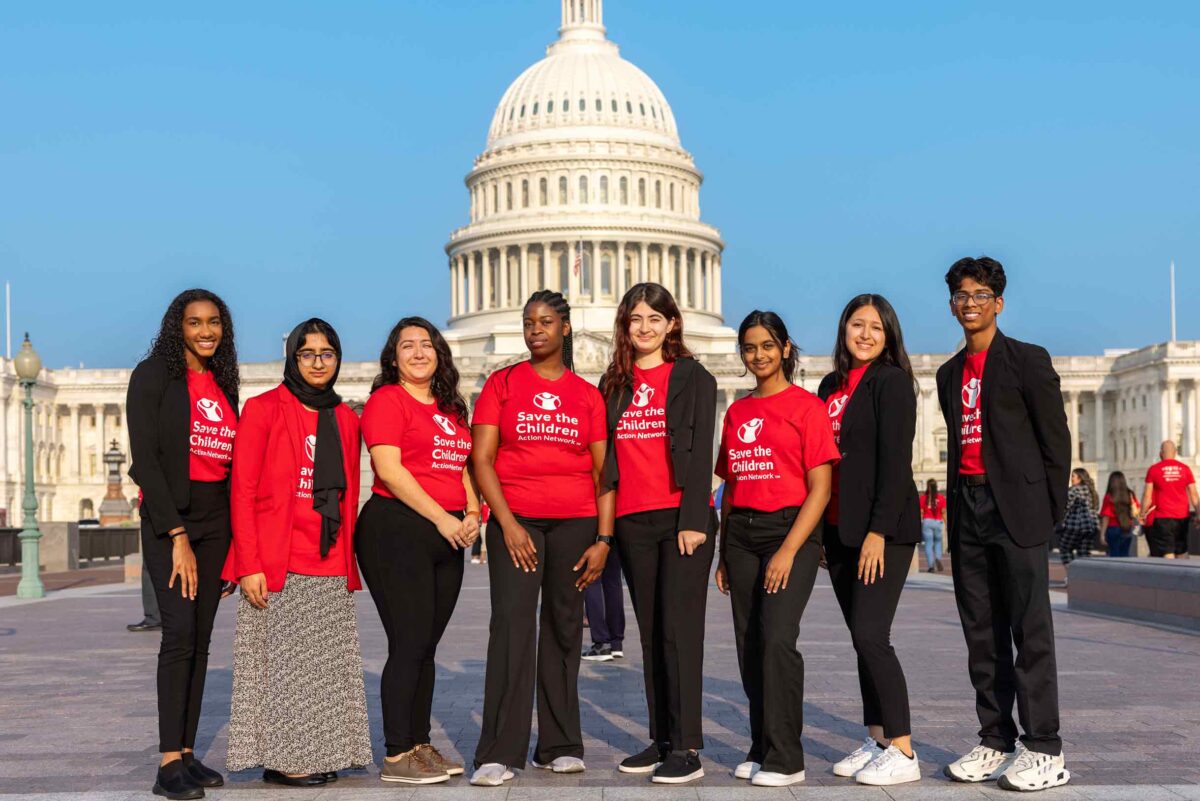Stories & Resources
Discover the latest
Discover the latest
Stories & Resources
We Mobilize Volunteers, Advocates and Online Supporters To Advocate For Children
Learn more about our work
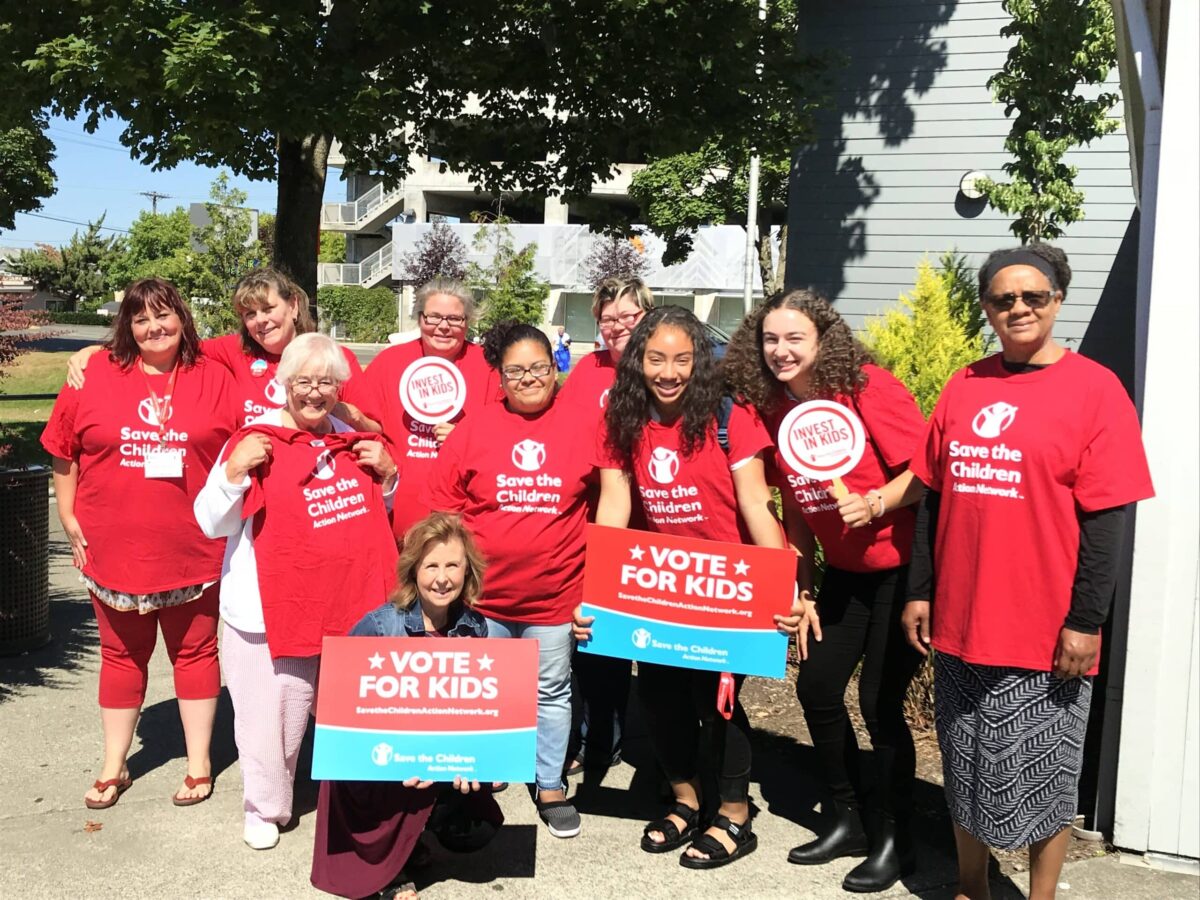

EARLY LEARNING & CHILD NUTRITION
ADVOCATING FOR KIDS IN STATE LEGISLATURES
In 2023, we secured major investments across 8 states to expand early learning programs and prevent child hunger.
$900M
invested in helping kids thrive
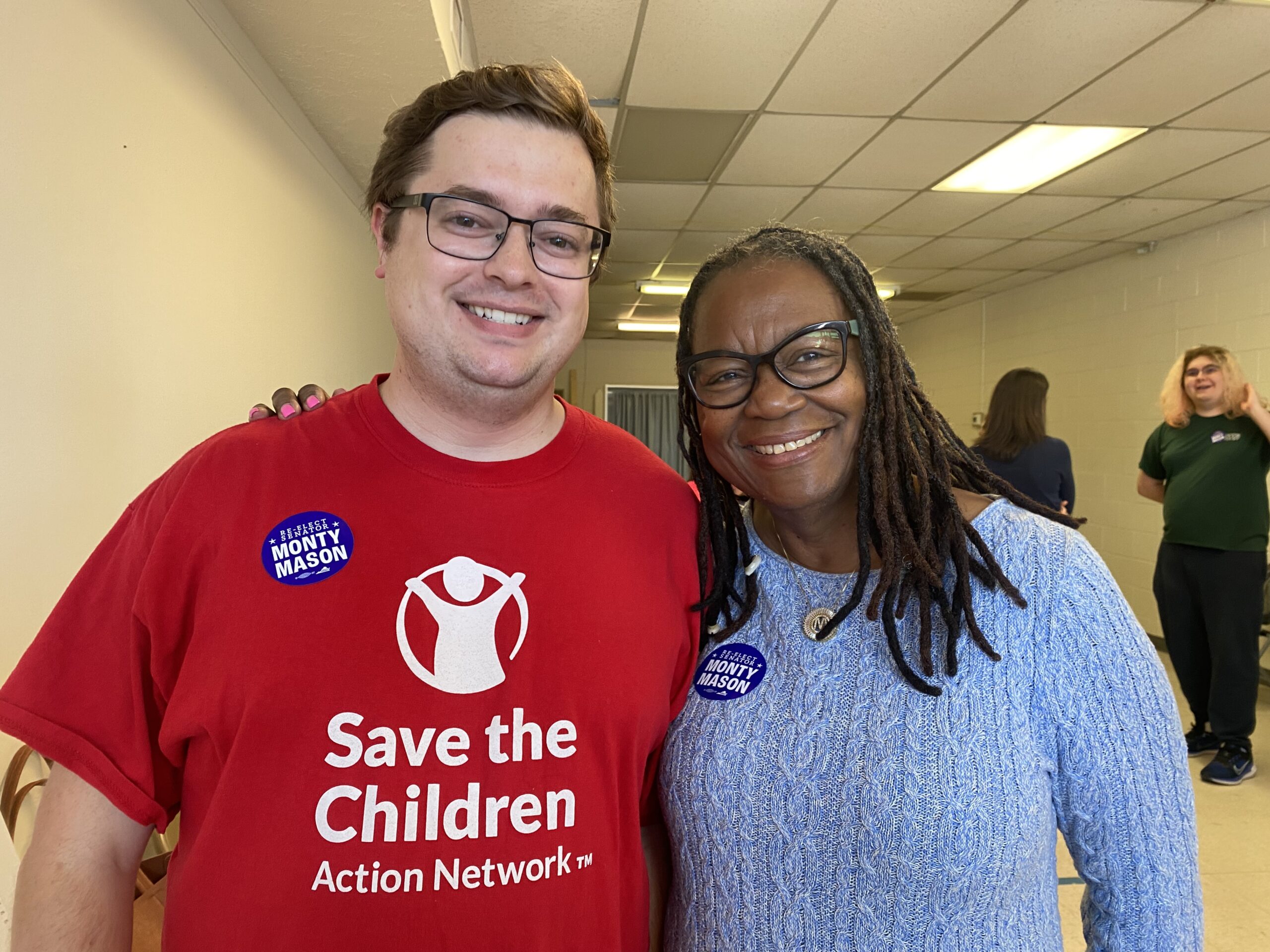

AT THE BALLOT BOX
ELECTING BIPARTISAN CHAMPIONS FOR CHILDREN
Over the past decade, we’ve helped elect more than 30 child champions state legislators, governors and members of Congress.
30
champions for children in office
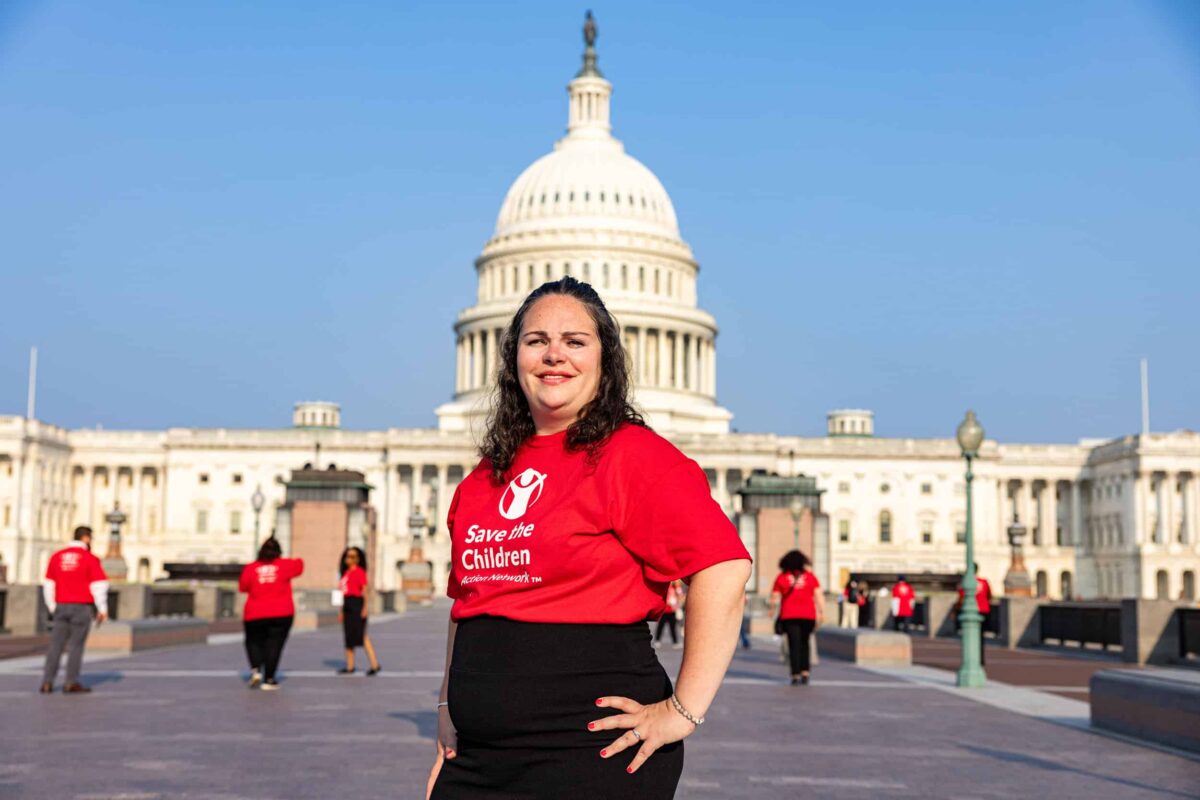

A NETWORK OF CHANGEMAKERS
MOBILIZING ADVOCATES LIKE YOU
Congress has the power to change children’s lives
6.5M
messages sent to lawmakers over the past 10 years


